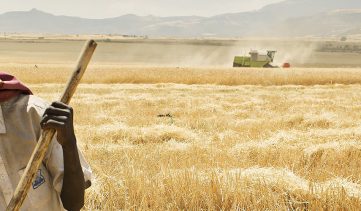Brazil’s food system transformation was built upon foundations of strong macroeconomic policies, political stability, and forward-thinking investments in agricultural R&D that helped spur key innovations. Complementary policies supporting the agriculture sector via rural credit systems, public food acquisition, extension, risk management, and adoption of climate-smart approaches have helped to advance transformation. Through remarkable agricultural productivity growth combined with strong social protection policies, Brazil made great progress in reducing hunger and undernutrition; however, overweight and obesity are on the rise. Brazil must continue to address persistent inequalities, particularly in policies favoring large farms over small farms, which have contributed to food and land tenure insecurity among other issues. Still, Brazil’s experience can offer important lessons for prioritizing investments in agricultural R&D and social protection, as well as engagement with the private sector, particularly public-private partnerships.
Related Posts

Webinar: The Productive Safety Net Program and the Agri-Food System in Ethiopia : Key Outcomes and Challenges
Time: Wednesday, June 9, 2021 from 2.30 PM – 4.00 PM Addis Ababa (GMT+3) Co-Organized by: the National Information Platform for Nutrition (NIPN), the Ethiopian Public Health Institute (EPHI) and the … [Read More...]

Ethiopia webinar: Thought-provoking perspectives on child stunting
The past decade has seen unprecedented attention going to undernutrition, and drastically reducing child stunting has become a global development objective. The focus on linear growth retardation and … [Read More...]
